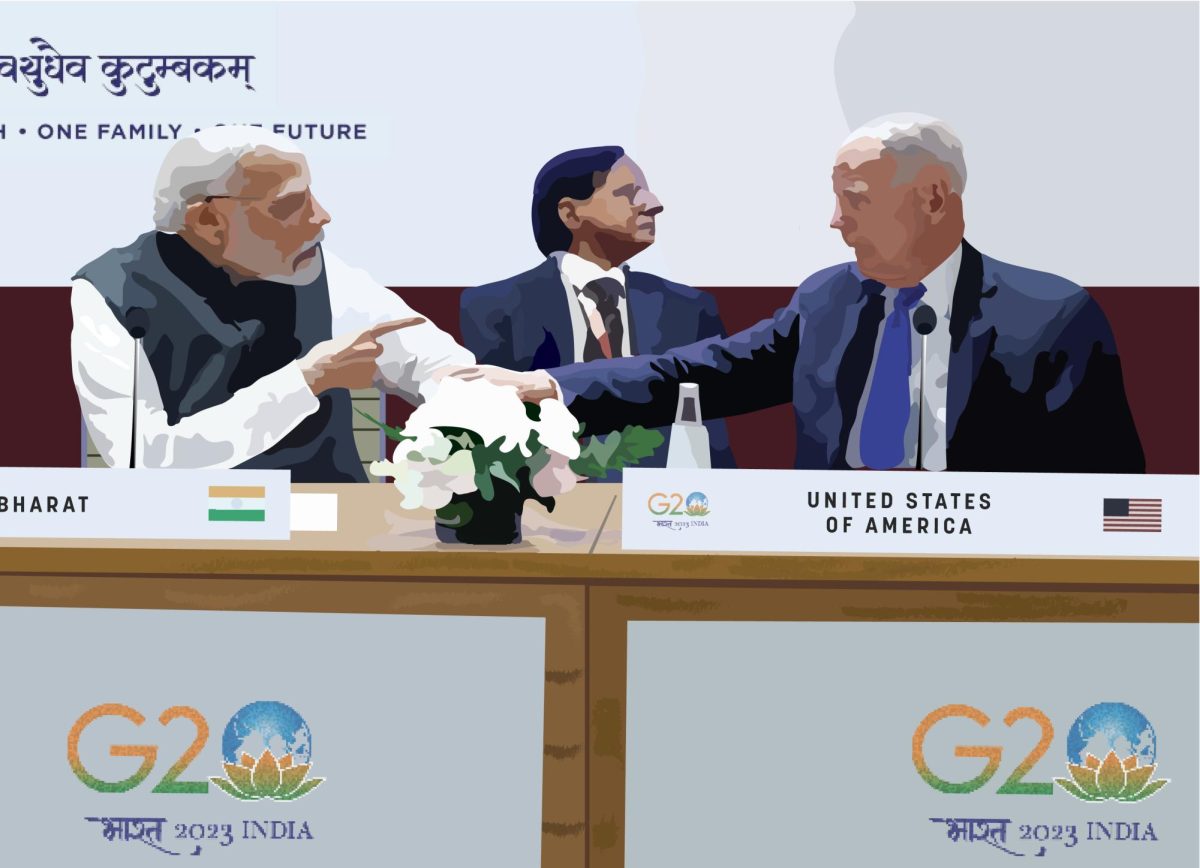The country English speakers know as “India” is considering changing its name to “Bharat.” According to Prime Minister Narendra Modi’s Bharatiya Janata Party (BJP), the purpose is to increase the Hindu culture within the country and limit the colonial ties associated with the name.
Ryan Ringenberg, AP World History teacher, said he believes the name change was heavily influenced by current Indian political factors.
“From what I have read about India’s name change to Bharat, it sounds as though Modi and the BJP Party want to formally use the traditional Hindi name in a diplomatic setting for multiple reasons,” Ringenberg said via email. “I believe politics, Hindu nationalism and anti-colonialism are all strong factors at play in this decision.”
According to timestravel.com, this is not the first time a country changed its name to remove colonial association. Sri Lanka’s previous name was “Ceylon” in 1972 and officially changed to “Sri Lanka” for government use in 2011.
Ringenberg said he believes although nations are free to change their name according to their preferences, the international community might take a while to adopt the new name.
“A nation has the right to determine its own name, and while this change would be a significant adjustment to make for the English-speaking world because India is a highly referenced nation, it would be nothing new for the Hindi-speaking population,” he said.
If the country does proceed with its initiative to change the name, students whose background originates in India, such as junior Uma Wadawadigi and freshman Purvi Ghosh, said they’d still prefer to continue to call the country “India”.
“I’ll probably end up still calling myself Indian because that’s just what I’m used to saying, it’s a habit (calling the country India),” Wadawadigi said. “I don’t know, maybe when it’s officially changed I’ll make an effort to say the other one, but I’ll see. I will probably end up still calling (the country) India.”
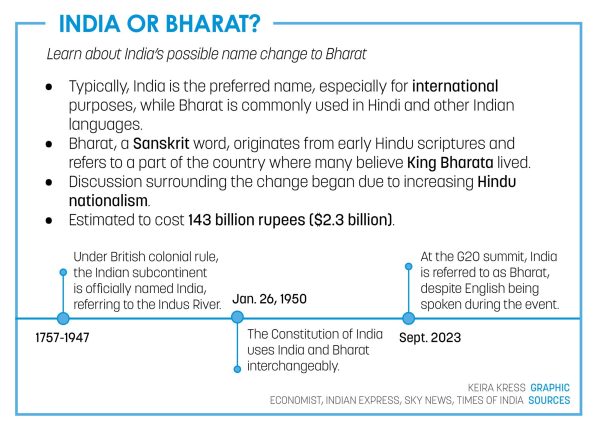
Ghosh said she predicts most people will also continue to call the country “India” despite the name change.
“Honestly I don’t think anyone would call it (Bharat) even if they did go through the change legally,” Ghosh said. “(The country) probably will continue to be called ‘India’ because of habit. I personally would continue to call it ‘India.’”
Wadawadigi said, “I just think it’s a little weird because Bharat’s a Hindu word, but India has a lot of different religions, so it’s a little bit strange to be changing it to a religious word when there’s a lot of different religions (within India).”
According to AP News, India’s government argues the name India was given to them by the British colonizers when they ruled the country for nearly 200 years before India gained its independence in 1947. Changing the name would enhance its Hindu past.
“It’d probably take a second to process (calling the country Bharat), mostly because of the significance of calling (the country) India,” Ghosh said. “When I hear the word ‘India,’ I think of the culture and the people there. I don’t think of those things when I hear the word ‘Bharat.’”
Wadawadigi said, “When I hear the word India, I don’t know, I think of my family and all the times I’ve been there; it kind of feels like another home (to me). If they go through and change the name to Bharat, I’ll still think of my family, but it’ll take a while (to get used to). I don’t know for sure but it would probably just take getting used to.”
Wadawadigi said the many different cultures of India make the country unique, not its name.
“I think that even if India’s name (does) change, I doubt that a lot of the culture will change, as there is just so much (to the cultures),” Wadawadigi said, “I do worry, however, that since Bharat is such a Hindu-influenced word, it’ll push other religions who have different cultures to feel less welcome, which would be really sad, in my opinion, because it would get rid of some of the really cool cultural diversity in India. Then again, no one knows for sure what will happen.”
Wadawadigi said the welcoming nature for other religions and cultures is threatened if the name change to ‘Bharat’ goes through. Native students such as Wadawadigi said they hope with the name change the other religions and cultures present within India will hopefully remain unchanged.
Wadawadigi said, “It’s probably good to make people feel more confident in the place they live in and things like that for people who are Hindu but it’s also bad for people who are not Hindu (living in India) and could (decrease) the diversity within India.”

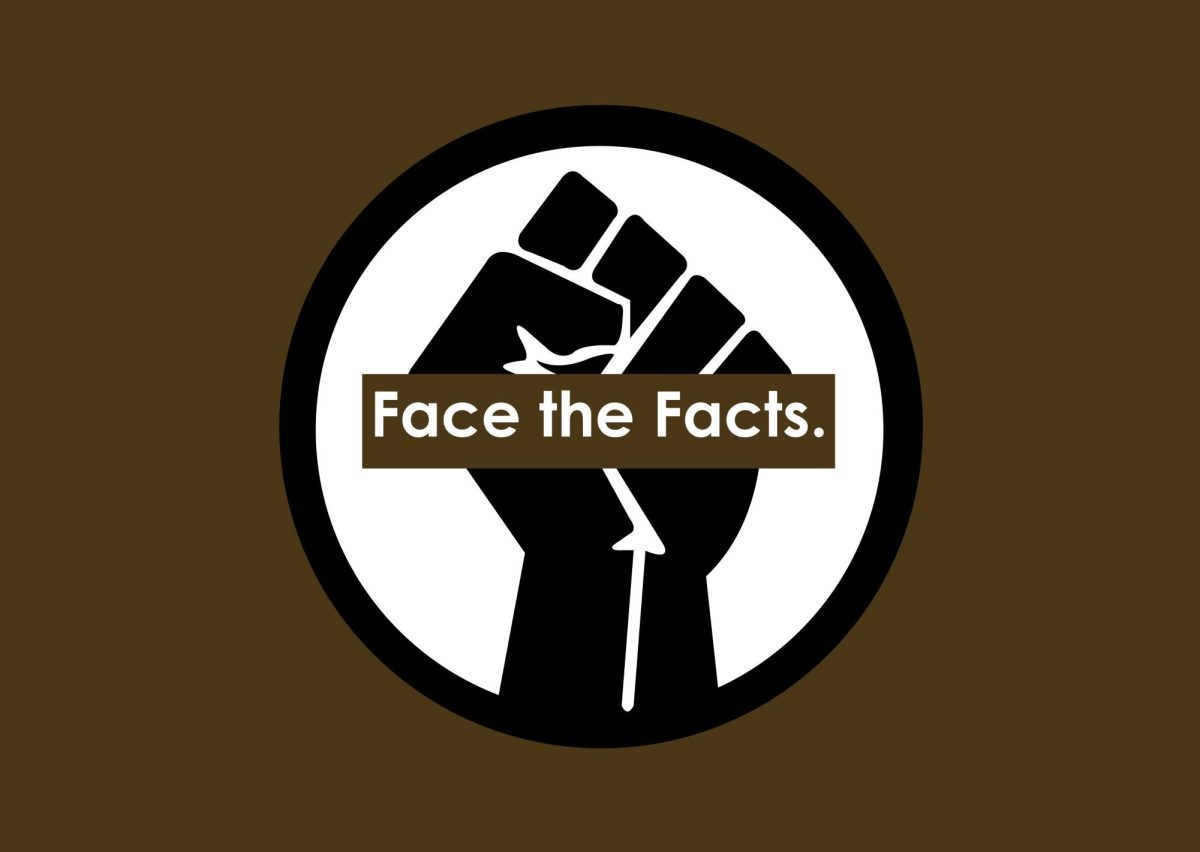
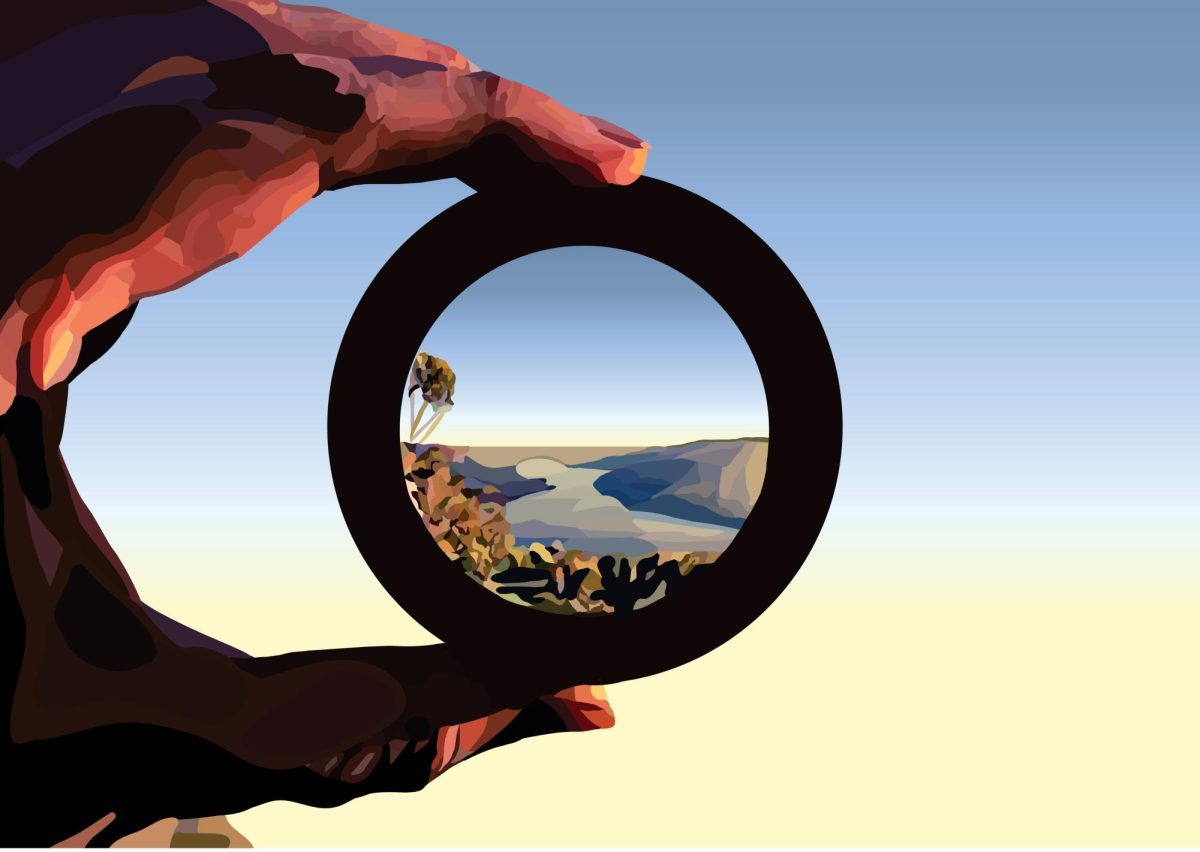







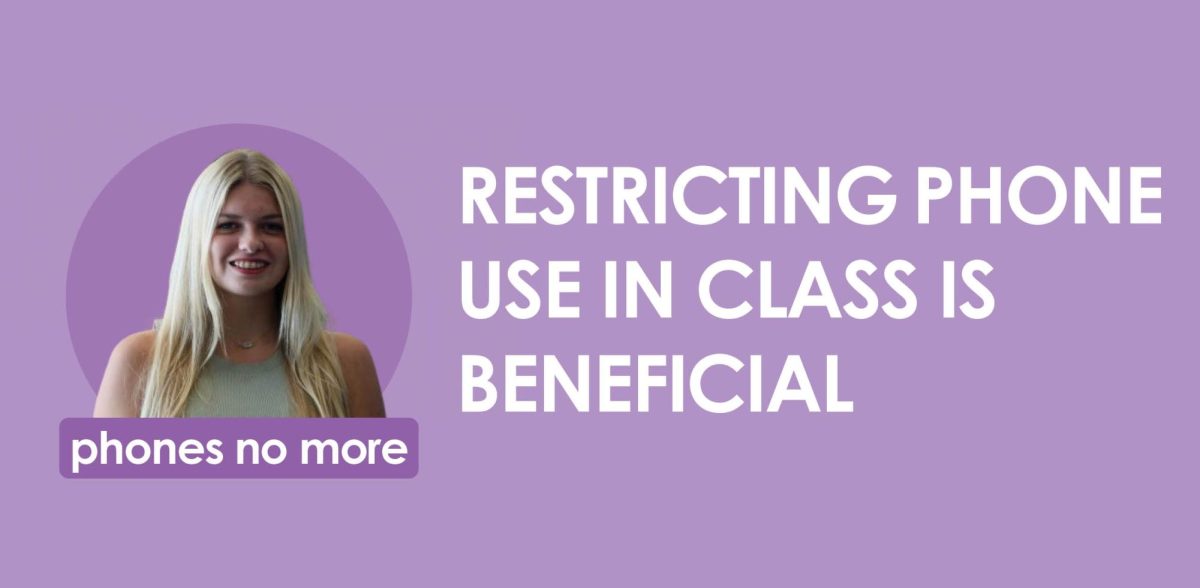
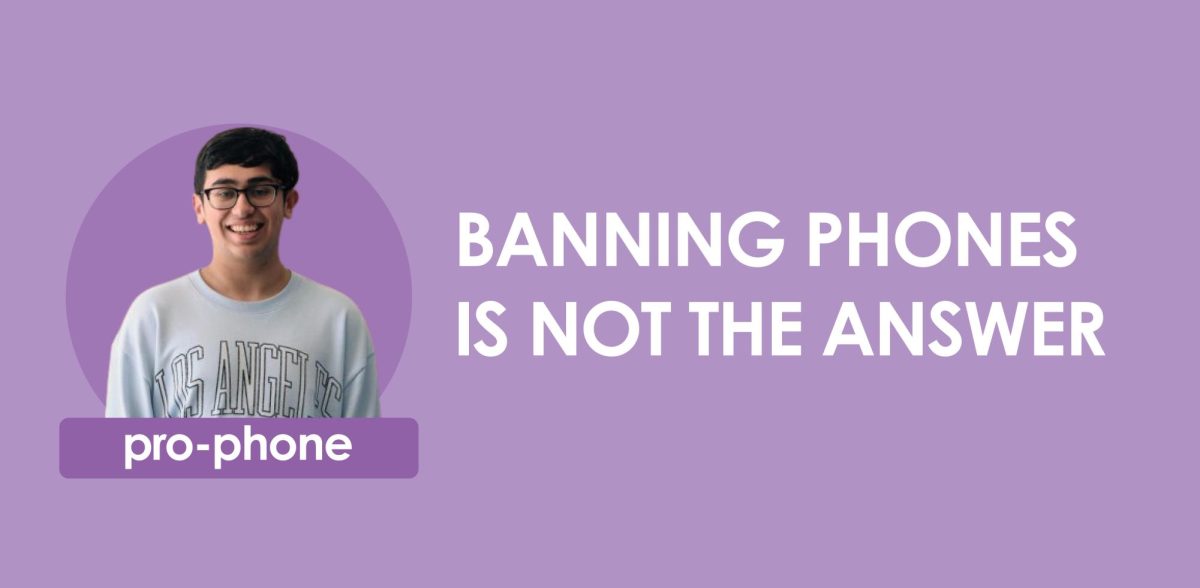



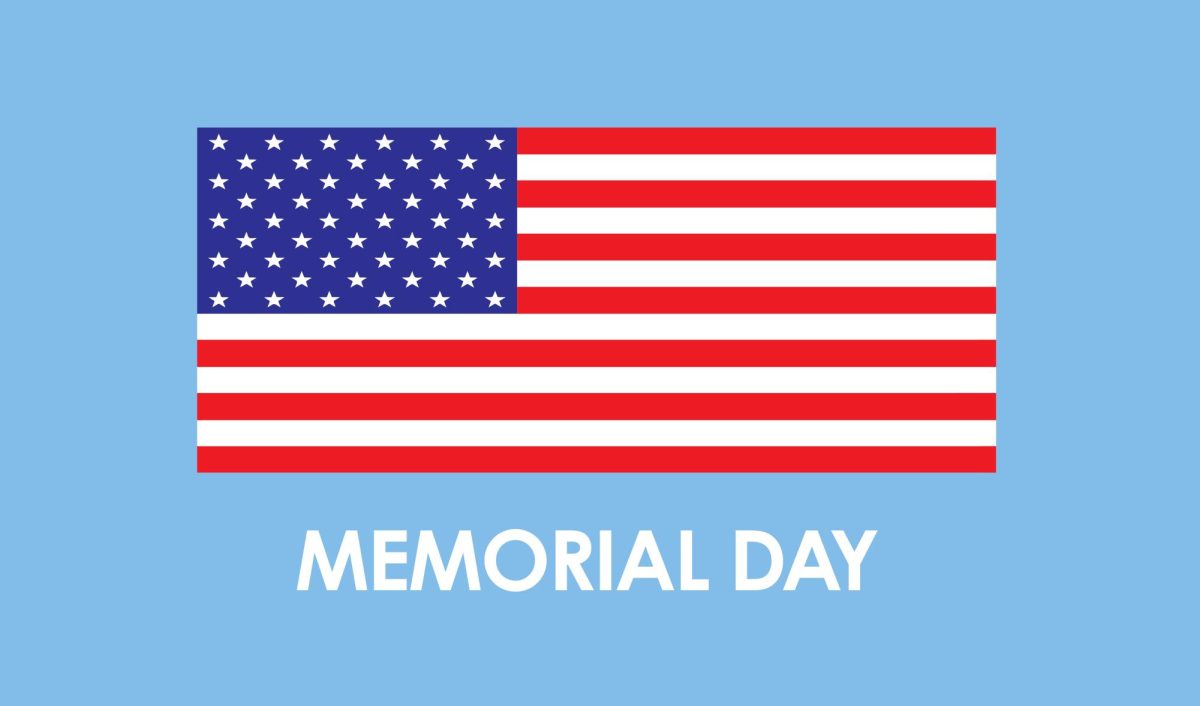




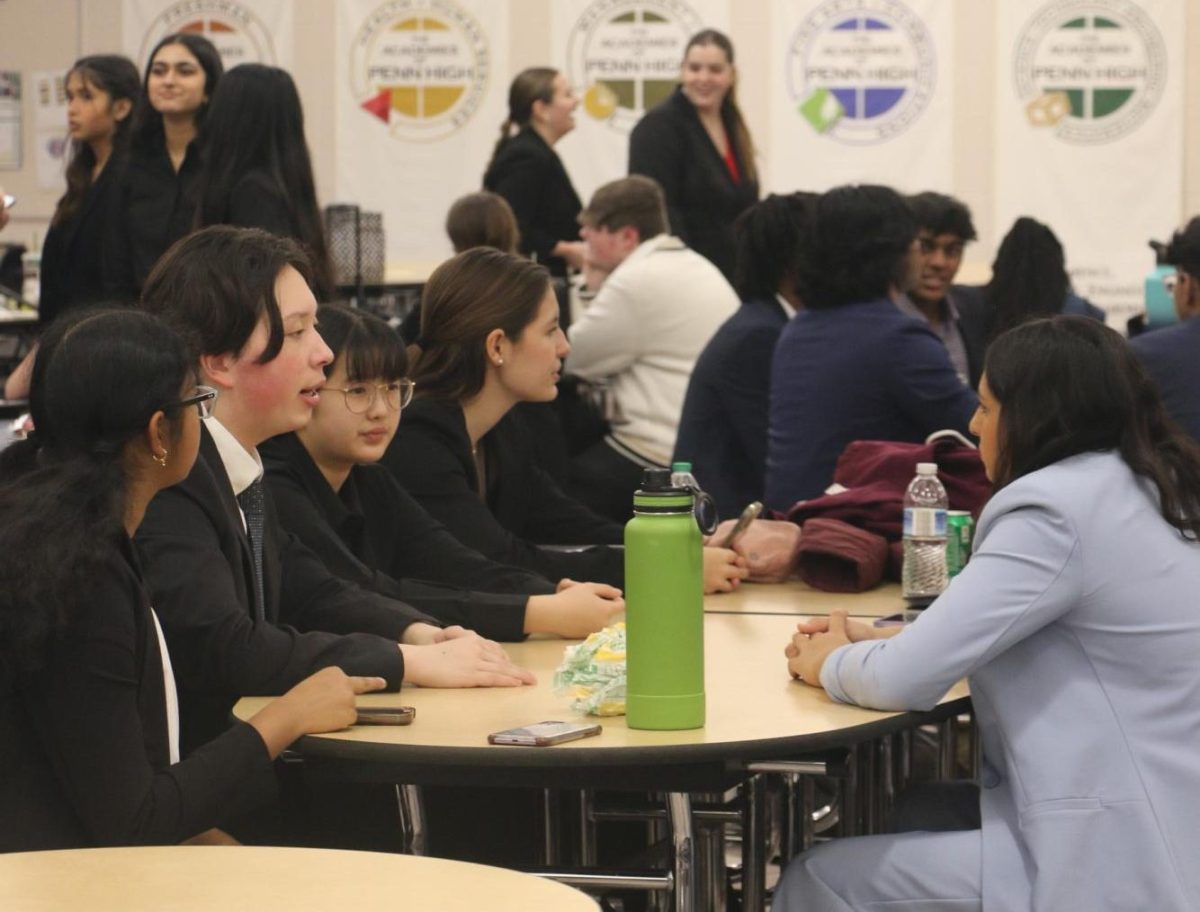









![Family vlogger controversy, need for content reform [opinion]](https://hilite.org/wp-content/uploads/2024/05/Screenshot-2024-05-14-11.33.37-AM-1200x465.png)
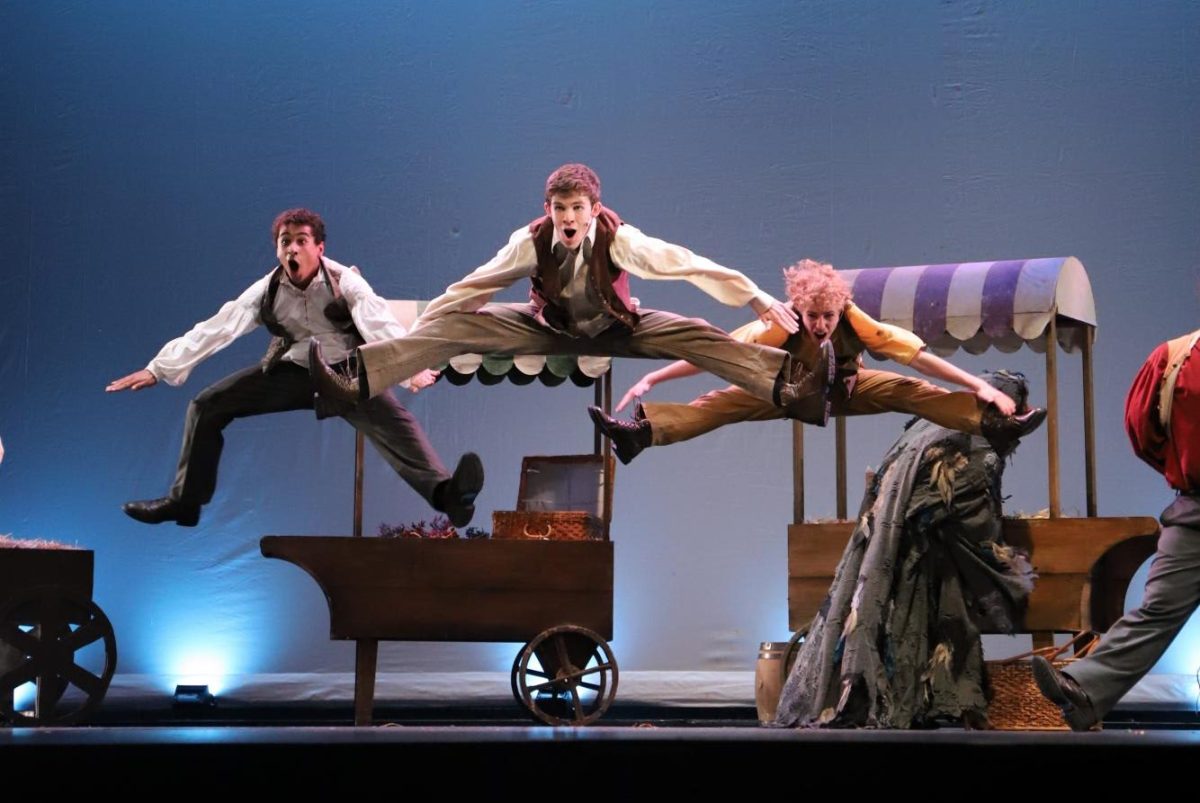
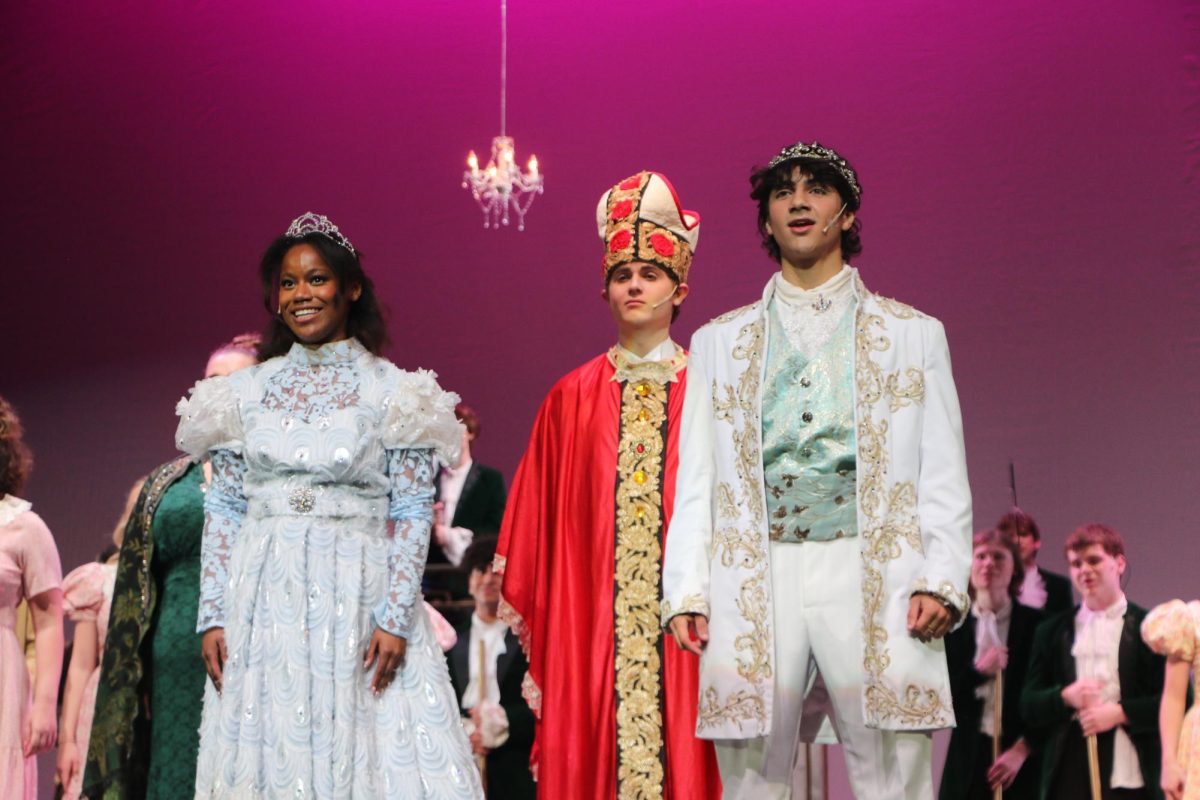
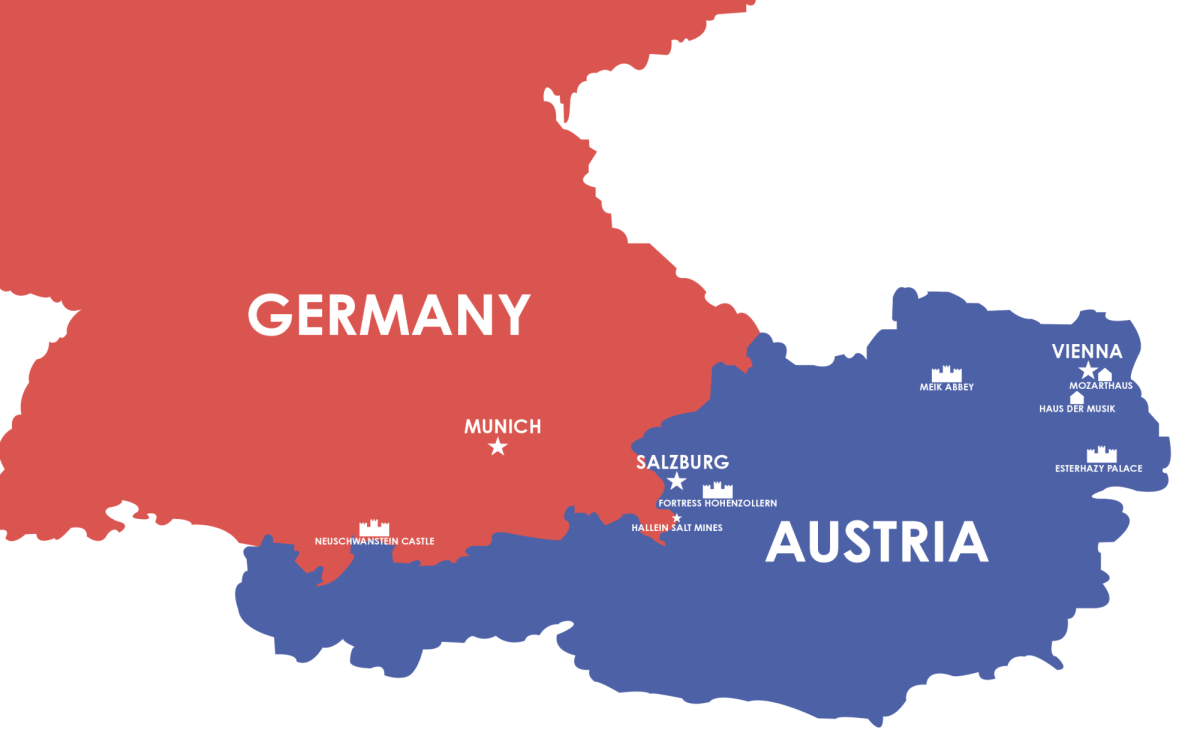


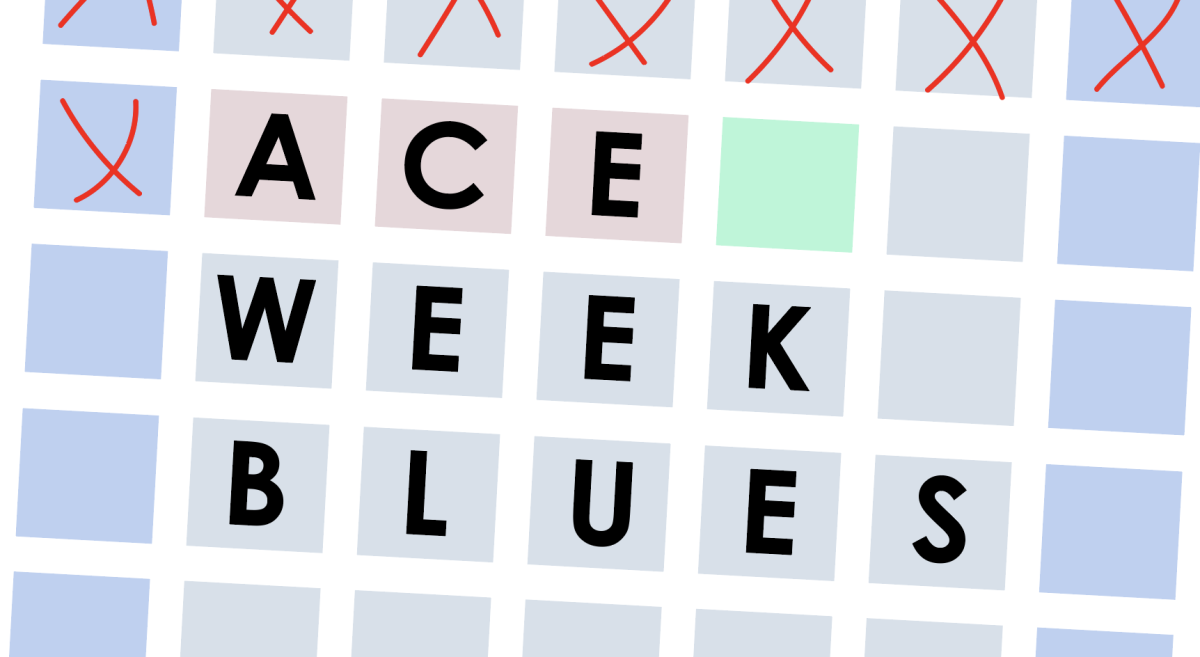
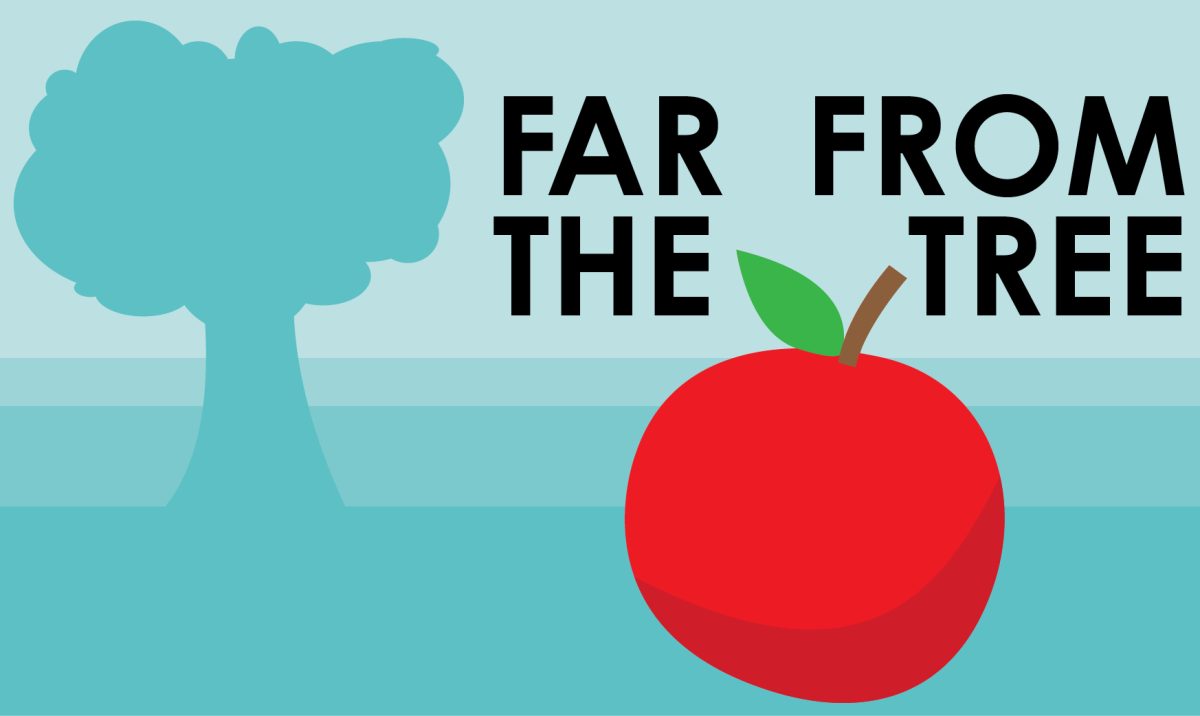
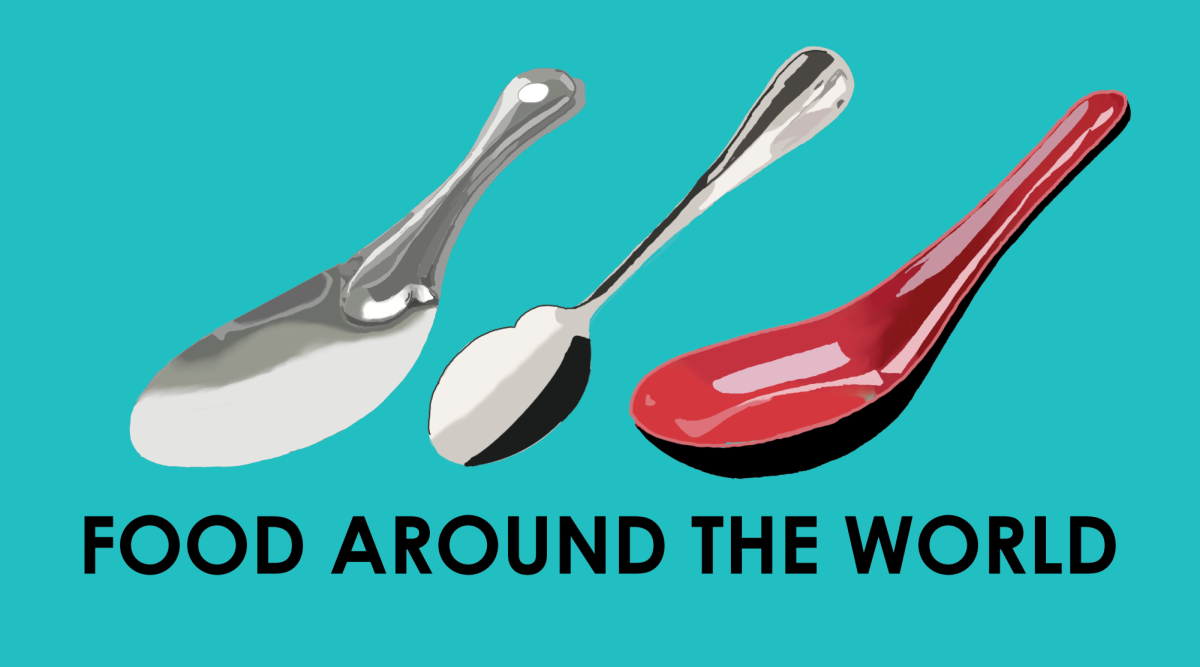






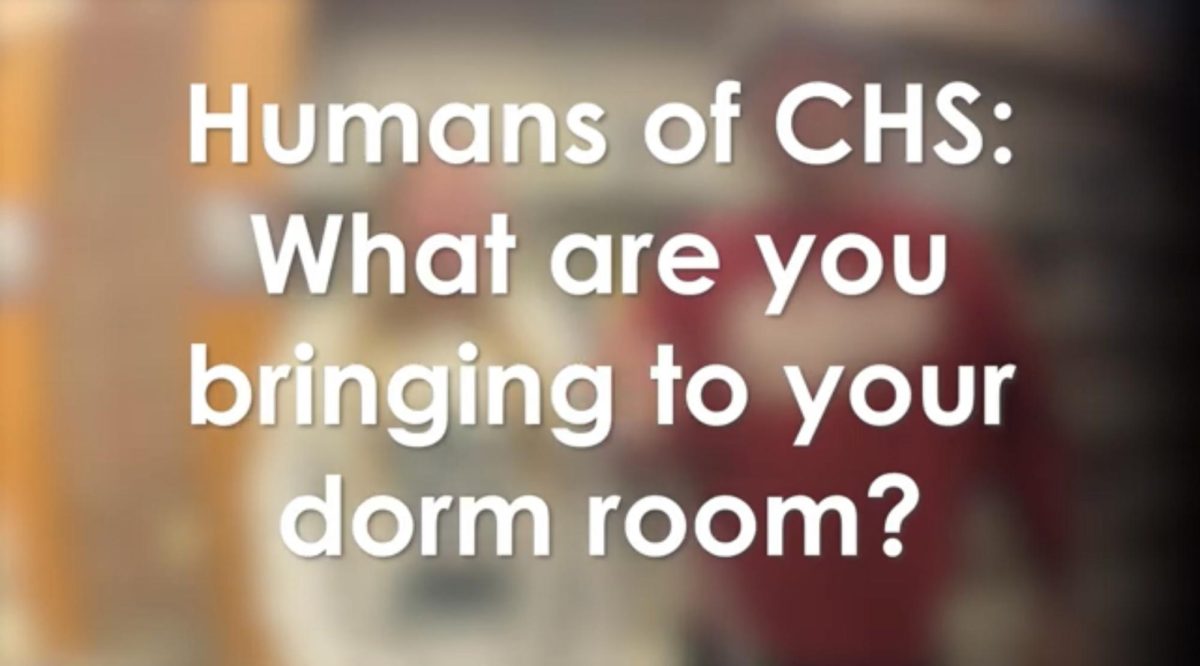









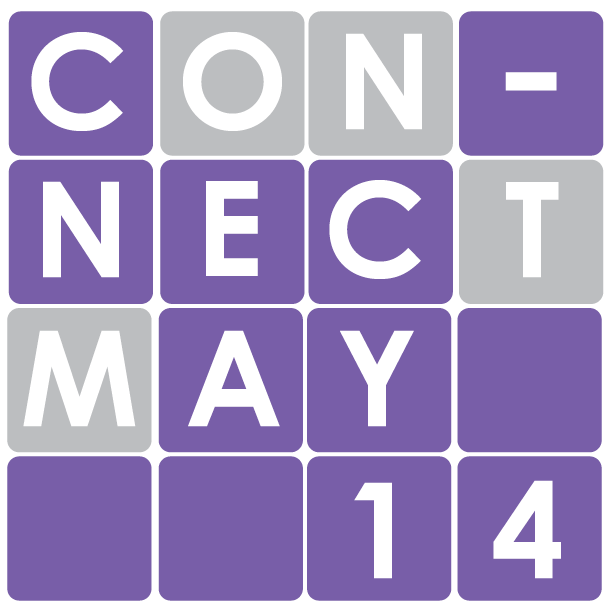
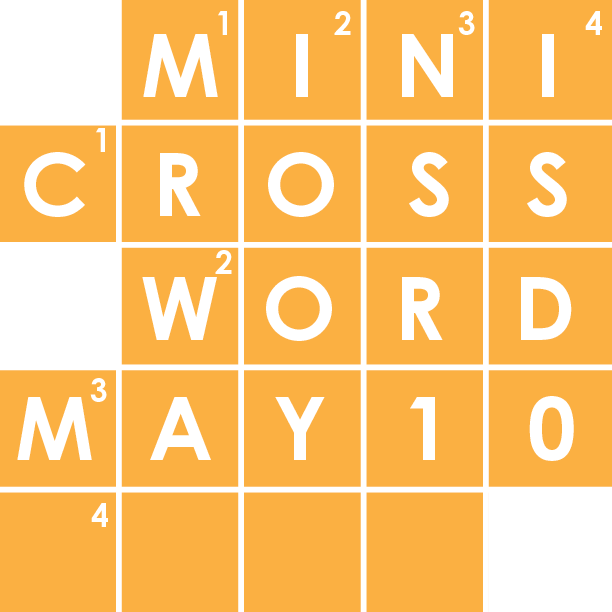
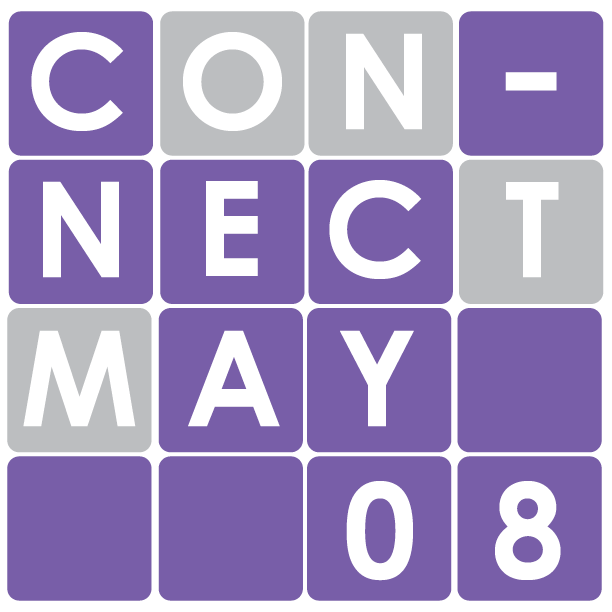
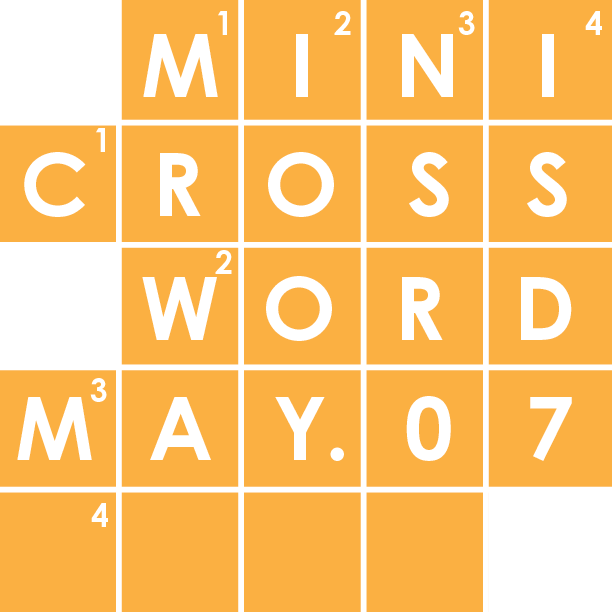
![Review: Taylor Swift’s new album The Tortured Poets Department is not her best work but is still a brilliant album [MUSE]](https://hilite.org/wp-content/uploads/2024/05/The-Anthology_Cover-1200x675.webp)
![Review: Challengers does it all [MUSE]](https://hilite.org/wp-content/uploads/2024/05/challengers-poster-1200x600.png)
![Review: A House of Flame and Shadow by Sarah J. Maas was a disappointing read [MUSE]](https://hilite.org/wp-content/uploads/2024/05/house-of-flame-and-shadow-feature.png)
![Review: Conan Gray’s new album, “Found Heaven”, is a refreshing twist on modern music [MUSE]](https://hilite.org/wp-content/uploads/2024/05/Screenshot-2023-10-31-at-16.01.05.webp)
![Review: “Bodies, Bodies, Bodies” is the quintessential Gen-Z movie [MUSE]](https://hilite.org/wp-content/uploads/2024/05/Screenshot-2024-05-15-140618.png)
![Review in Print: Maripaz Villar brings a delightfully unique style to the world of WEBTOON [MUSE]](https://hilite.org/wp-content/uploads/2023/12/maripazcover-1200x960.jpg)
![Review: “The Sword of Kaigen” is a masterpiece [MUSE]](https://hilite.org/wp-content/uploads/2023/11/Screenshot-2023-11-26-201051.png)
![Review: Gateron Oil Kings, great linear switches, okay price [MUSE]](https://hilite.org/wp-content/uploads/2023/11/Screenshot-2023-11-26-200553.png)
![Review: “A Haunting in Venice” is a significant improvement from other Agatha Christie adaptations [MUSE]](https://hilite.org/wp-content/uploads/2023/11/e7ee2938a6d422669771bce6d8088521.jpg)
![Review: A Thanksgiving story from elementary school, still just as interesting [MUSE]](https://hilite.org/wp-content/uploads/2023/11/Screenshot-2023-11-26-195514-987x1200.png)
![Review: When I Fly Towards You, cute, uplifting youth drama [MUSE]](https://hilite.org/wp-content/uploads/2023/09/When-I-Fly-Towards-You-Chinese-drama.png)
![Postcards from Muse: Hawaii Travel Diary [MUSE]](https://hilite.org/wp-content/uploads/2023/09/My-project-1-1200x1200.jpg)
![Review: Ladybug & Cat Noir: The Movie, departure from original show [MUSE]](https://hilite.org/wp-content/uploads/2023/09/Ladybug__Cat_Noir_-_The_Movie_poster.jpg)
![Review in Print: Hidden Love is the cute, uplifting drama everyone needs [MUSE]](https://hilite.org/wp-content/uploads/2023/09/hiddenlovecover-e1693597208225-1030x1200.png)
![Review in Print: Heartstopper is the heartwarming queer romance we all need [MUSE]](https://hilite.org/wp-content/uploads/2023/08/museheartstoppercover-1200x654.png)











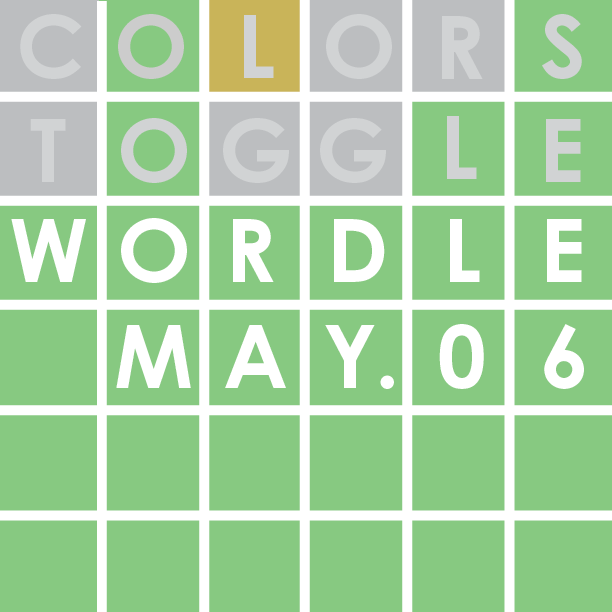

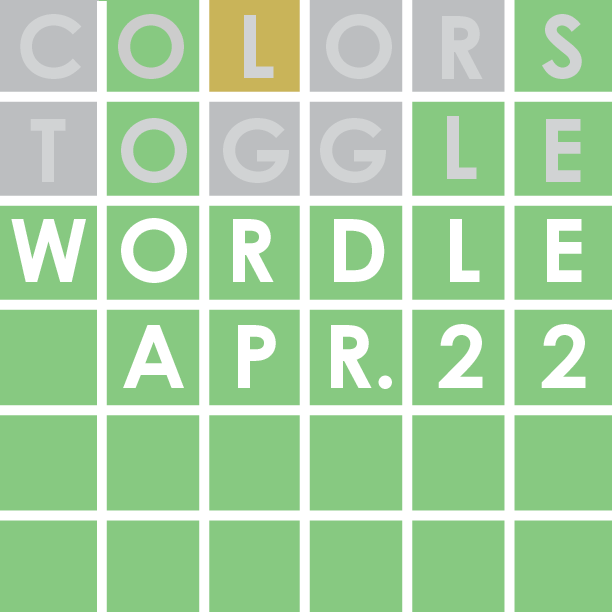








![Review: “Ginny & Georgia” is a dramatic and poorly made emotional rollercoaster–and I loved it anyway [MUSE]](https://hilite.org/wp-content/uploads/2024/03/ginny-and-georgia-season2-main-be37bbb9487a41e88b3f66c3baacd5c3-300x177.jpg)
![Review: Witch Hat Atelier is a masterpiece in art and world-building, but the story has only begun [MUSE]](https://hilite.org/wp-content/uploads/2024/01/unnamed-211x300.png)
![Review: “Mysterious Lotus Casebook” is an amazing historical Chinese drama [MUSE]](https://hilite.org/wp-content/uploads/2024/03/0-300x170.webp)
![Review: “A Little Life” by Hanya Yanagihara is the epitome of a heartwrenching masterpiece [MUSE]](https://hilite.org/wp-content/uploads/2024/01/unnamed-5-300x200.png)


